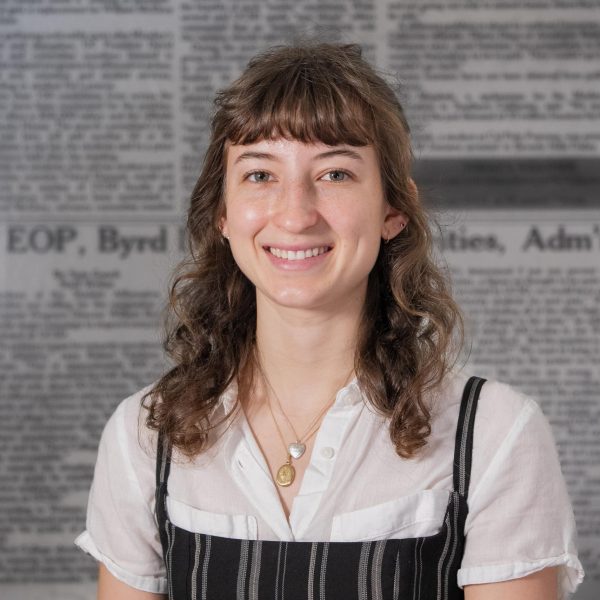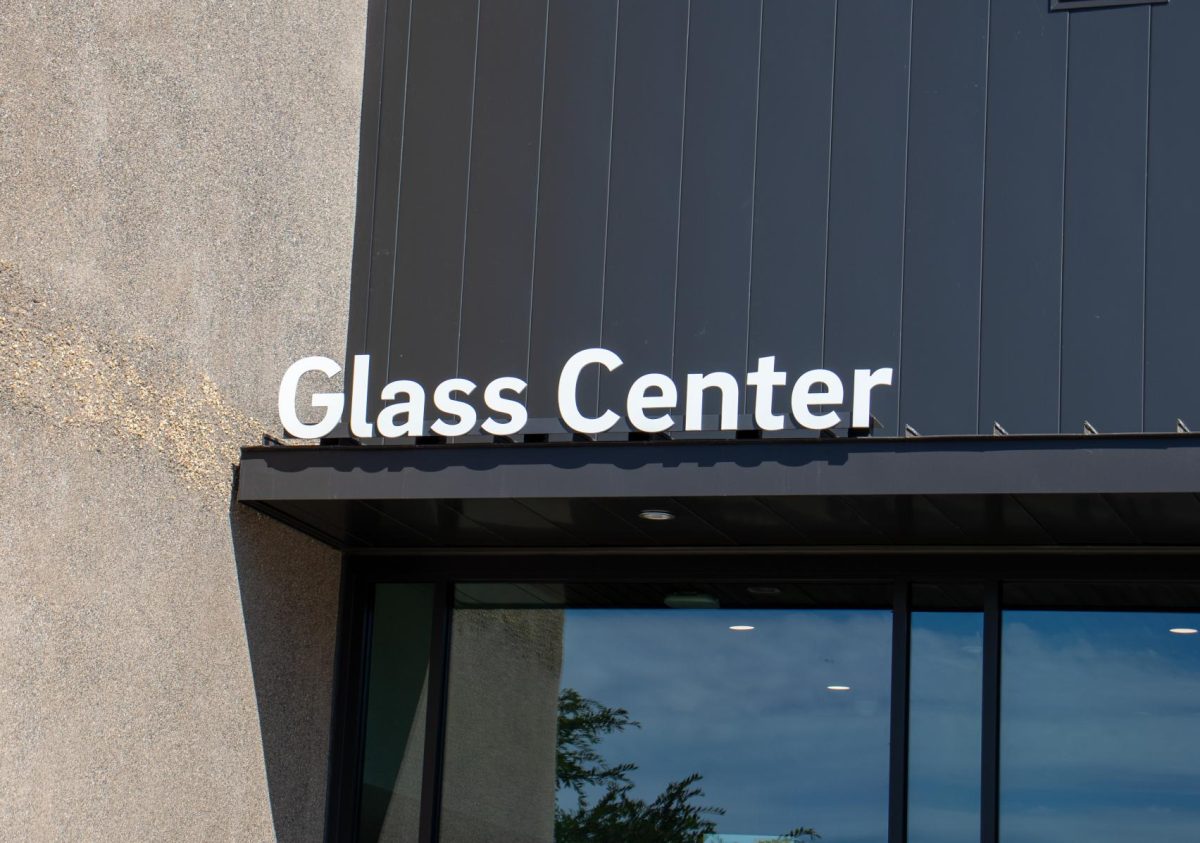Disclaimer: The online and PDF versions of this article have been updated to include the most accurate information. Some portions will read differently from the physical print version.
On April 30, the administration of UC San Diego’s biology department sent a letter to about half of its lecturers, alerting them to an involuntary reduction to their teaching schedules following state and federal funding cuts. This follows a pattern of inconsistent communication from the department to its lecturers, which has caused widespread stress and uncertainty regarding the future of their careers at the University.
Several anonymous biology faculty members reported that at least five biology lecturers — out of the remaining 11 — received a message on April 30 informing them that their Fall Quarter 2025 class load will be reduced by one to three classes, with the largest cuts for the newest lecturers.
These cuts to lecturers’ teaching schedules will likely exacerbate existing concerns about the declining quality of biology education at UCSD. The 2022 University of California academic worker strike, in addition to the Trump administration’s recent federal and state budget cuts, have had visible consequences for the department. These include increased class sizes, discussion section sizes, and waitlists, fewer elective classes and classes for non-majors, and class cancellations.
Lecturers play a crucial role in biology education. Their sole job is to teach, whereas tenure-track and tenured faculty are also expected to conduct research. Lecturers cover classes that research faculty do not volunteer to teach, and if a professor unexpectedly has to drop a class, a lecturer typically takes their place.
While these positions do not guarantee employment security, the lecturers who The UCSD Guardian spoke to did not view their positions as temporary. Many have taught at UCSD for more than 10 years — they see their jobs as secure and feel that they are a necessary part of the department.
In Winter Quarter 2025, the biology department’s administration held a meeting to discuss next academic year’s class schedules with its Academic Senate faculty, which includes only tenure-track and tenured professors — not lecturers. During this meeting, administrators told faculty members that the number of classes they teach will increase in Fall Quarter 2025, while the number of elective classes — which typically have fewer students and are focused on specific professors’ research interests — will be cut. The Academic Senate faculty will be taking over large lecture and laboratory classes that are typically taught by lecturers.
When lecturers later learned of this meeting through other faculty members, they reached out to Jim Wilhelm, the biology department’s associate dean for education, for more information. On April 18, Wilhelm responded, stating that he had no updates.
Then, the lecturers received the message on April 30, just two months before their pay would be cut – the minimum amount of time the administration can give before a pay cut, per the continuing lecturers’ contracts. The lecturers who spoke with The Guardian felt frustrated about the lack of clarity on the situation throughout Winter Quarter 2025 and the uncertainty of their future job security. Wilhelm has agreed to meet with the lecturers individually, but not as a group.
An anonymous teaching professor told The Guardian that the confusion around the cuts have majorly increased their stress levels:
“The assumption is there will be no jobs come next year. That’s what everybody’s assuming. But no one knows because there’s no transparency of what the plan is, so it’s got everyone very stressed. One [lecturer] I bumped into, she just burst into tears as soon as I saw her.”
Though the administration called these reductions “temporary” in a statement to The Guardian, the professor expressed fears that these cuts have decreased trust between the department and lecturers, so much so that it may be unable to rehire them.
“We’re going to lose people,” the teaching professor added. “I’m already writing letters of reference for [lecturers] to go to other places. You don’t get the luxury of having someone at [part-time] because they’re going to leave.”
With these new cuts, labs — such as BIMM 101: Recombinant DNA Techniques — that previously had two three- to four-hour sessions a week will reportedly only have one. The biology department has also shaved an hour off of sections for other lab classes, and many elective classes have been cut or will now only be offered during the summer. It also plans to cut all classes for non-majors, so both non-majors and majors will be grouped together in the lower-division BILD series.
An anonymous undergraduate biology student shared how these trends have affected them:
“I’ve noticed over the past couple of years it’s gotten a little bit harder for me to take all the classes that I want to take, particularly because of how overlapped everything is. BIEB 152 [Evolution of Infectious Diseases] this year was offered, but right now, it’s Friday night from 7 to 10 p.m.”
Other electives the student had hoped to take are now only offered in the summer, leaving them and their peers facing difficult questions.
“How could I pay for those summer classes?” they asked. “How could I afford to stay in San Diego over the summer, too, for an extra quarter and take these classes? … I know some people who personally are pushing back their graduation date to the summer this year, just so they can take a couple classes that are electives that they wanted to take but haven’t been offered before.”
Many students and faculty expressed pessimism about the department’s future and quality of undergraduate biology education at UCSD.
“Research professors don’t want to teach the labs or the big classes; they want to focus on their research,” an anonymous lecturer said. “That’s what they’re there for. I think the students ultimately are the ones that are going to suffer from all this.”








